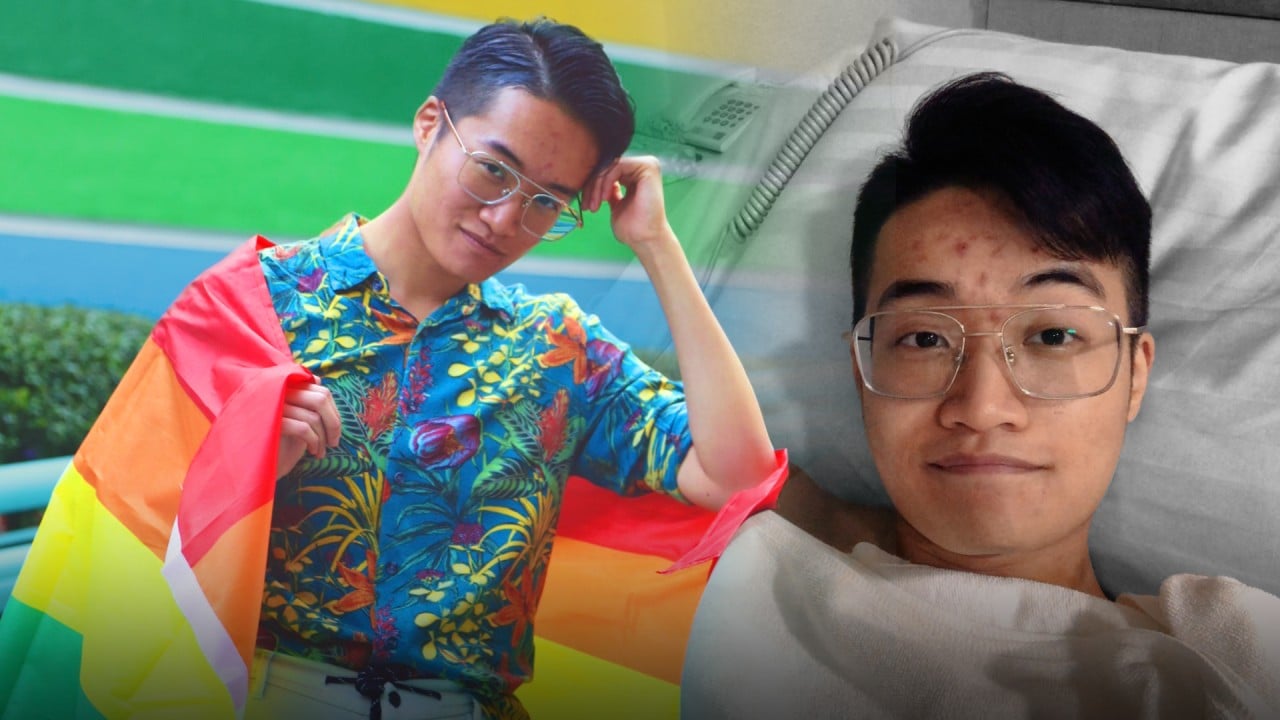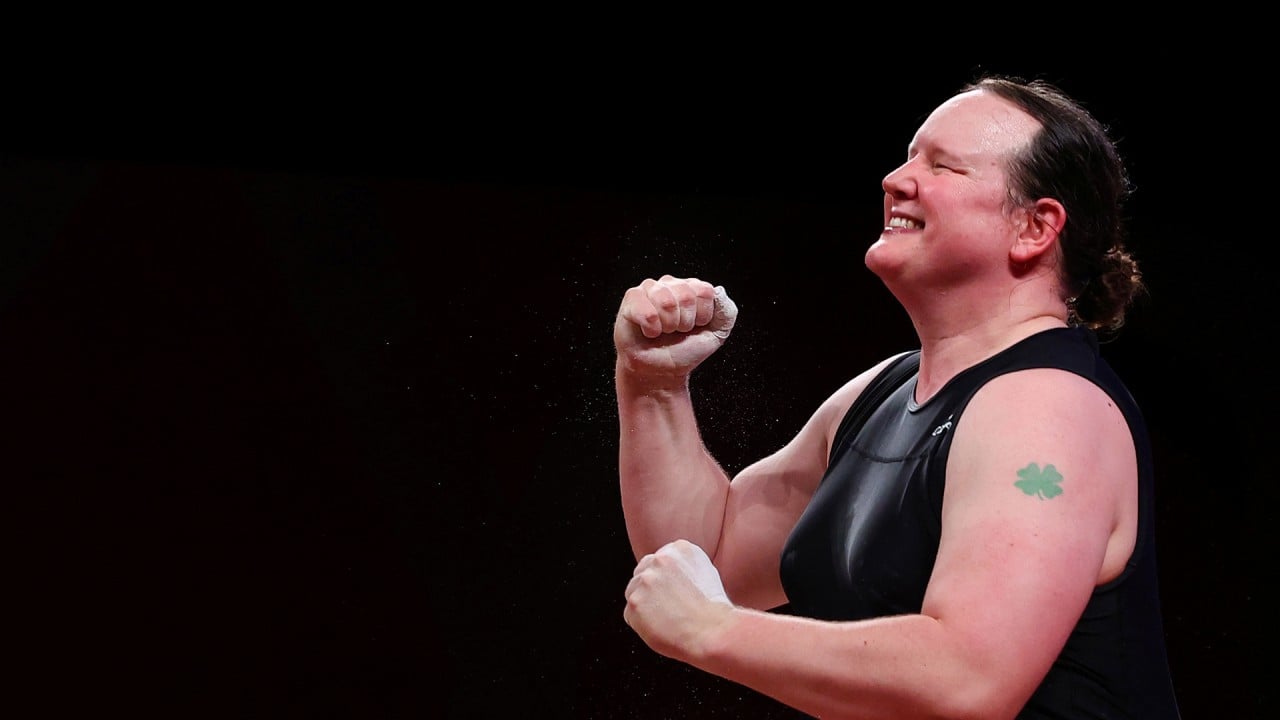
Hong Kong’s growing awareness of gender identity complexities brings confusion and worry
- The Tavistock gender clinic scandal in the UK, transgender sporting controversies, growing media coverage of the debate, and the use of different pronouns are causing anxiety among many in the city
Over recent years, gender identity has become increasingly significant, with greater awareness of transgender issues and increasing numbers speaking out about their gender identities.
The opinions, understanding and acceptance of those who do not comply with the traditional binary gender conventions vary dramatically across generations, social groups and individuals. People’s views often reflect their local cultures, and this is particularly noticeable in some Western cultures where the understanding and acceptance of LGBTQ are more deeply ingrained.
Increased media coverage, mainly over the internet such as through social media, has moved the gender discussion towards centre stage, resulting in greater awareness and an understanding that gender is a much more complex subject than many previously thought.
Within the growing LGBTQ community, gender identity is deeply personal and vital, and may or may not align with the biological sex assigned at birth.

Notwithstanding this, many people I speak to in Hong Kong, particularly parents and older generations, find the growing subject of gender identity extraordinarily confusing and are worried that it could undermine traditional and religious values. They fear for the safety of their children, particularly the younger ones.
A worrying example of what can go wrong occurred at Britain’s Tavistock gender clinic, which was viewed as a pioneer in the field but was eventually closed by the National Health Service after a scandal.
The clinic caused untold damage by providing puberty-blocking medicines to more than 1,000 children, many under 16 and sometimes after just one consultation. This was done after these children questioned their gender identity.
The clinic’s actions were considered a wilful failure to safeguard the well-being of the children under their care, and the saga was subsequently unveiled in the book by a prominent BBC journalist entitled Time to Think: The Inside Story of the Collapse of the Tavistock’s Gender Service for Children.
In contrast to the International Olympic Committee framework on fairness, inclusion and non-discrimination, which states that “athletes are not excluded solely based on their transgender identity or sex variations”, World Rugby takes the view that “transgender women may not currently play women’s rugby”.
The UK’s Sports Council reviewed the issues around transgender inclusion and was unable to find “a single solution which would resolve all the identified issues, or that would satisfy all stakeholders”.
Many of our international schools have adopted such a policy. Local students and parents have quickly realised that an expanded selection of pronouns has become available in the applications for many overseas universities, such as the Common App for US varsities and the Universities and Colleges Admissions Service in the UK.
Unconscious bias also plays a role in how we perceive gender identity. It exists to varying degrees within every society. We are sometimes unaware that, in our judgments and decisions, we may not have given due consideration to all sides of the discussion, which can end up perpetrating prejudice and discrimination.
Bernard Chan is a Hong Kong businessman and a former Executive Council convenor



